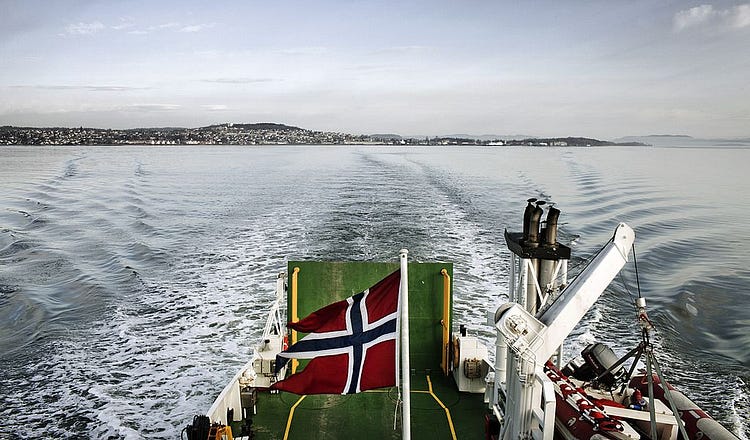
ZURICH, Switzerland — In the summer of 2018, I co-founded a company called Dune that allows people to easily analyze data from the blockchain—creating transparency in the crypto industry. My co-founder and I are Norwegian, and the company was based in Oslo. For about eight months we didn’t take any salary. Then we got accepted to a start-up accelerator that invested $250,000, which helped us get through the next few years. My salary was around $50,000.
It was a struggle—a constant grind. We had customers, but backers were hard to find. But we believed in the technology; we wanted to build an internet company, and our persistence eventually paid off. Beginning in late 2020, we raised $80 million in three rounds of venture-capital financing in just over a year.
On the one hand, this was a tremendous vote of confidence in the potential of our company. On the other hand, because we are Norwegian, our potential success has meant a punishing rebuke from our government.
After paying around 40 percent in taxes on my income, I faced Norway’s infamous “unrealized gains tax,” which had just been roughly doubled by the country’s left-wing government. This is a tax on the value of assets, even if they’re not sold.
In my case, because the venture-capital investments had increased the company’s valuation, this so-called wealth tax meant that I faced a tax bill many times larger than my after-tax income. The only way to pay it was to sell shares and dilute my ownership in my company. I had investors, yes, but I didn’t have a luxurious lifestyle. I flew economy and lived in the same two-bedroom apartment in one of Oslo’s cheaper neighborhoods.
So I did what an increasing number of Norwegian entrepreneurs have done. I said goodbye to my friends and family and moved to Switzerland.
Norway’s entrepreneurs are disappearing. In the past two years alone, 100 of Norway’s top 400 taxpayers, representing about 50 percent of that group’s wealth, have fled the country to protect their businesses.
In Atlas Shrugged, Ayn Rand paints a vivid picture of a dystopian society where government overreach and socialist policies kill innovation and demonize entrepreneurs. Present-day Norway mirrors this scenario in unsettling ways. The Nordic countries have long operated on an egalitarian ideal—citizens pay high tax rates for a generous safety net and effective public services. But Norway has taken the ideal to destructive and bizarre extremes.


